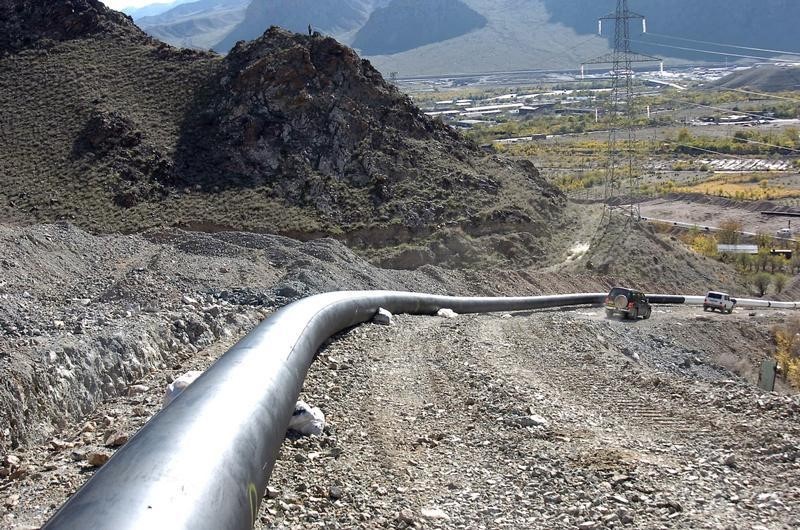(Adds chart; Corrects paragraph 4 to say that China is challenging South Korea to be 2nd biggest LNG importer, not is the 2nd biggest importer)
By Chen Aizhu and Mark Tay
BEIJING/SINGAPORE, Feb 23 (Reuters) - China's soaring demand for liquefied natural gas (LNG) is sparking industry hopes that a supply overhang causing a slump in prices will end sooner than initially anticipated.
China's imports of LNG in January rose 39.7 percent from a year earlier to 3.44 million tonnes, data from the General Administration of Customs showed on Thursday.
It was the second-highest monthly import level, behind a record 3.73 million tonnes set in December.
The steep growth rate in 2016 imports mean that China is challenging South Korea to become the world's second-biggest LNG importer, after Japan.
The LNG industry is banking on China's growing demand to end a global supply overhang triggered by a wave of new production especially in Australia and the United States. The glut has driven Asian spot LNG prices LNG-AS down by almost 70 percent since their 2014 peak to $6.40 per million British thermal units (mmBtu).
China's growing demand, much of it coming from import facilities called floating storage regasification units (FSRU), means that supply and demand in the LNG market could come into balance by around 2021-2022, about a year earlier than previously expected, said Peter Coleman, the chief executive of Australian oil and gas major Woodside Petroleum WPL.AX .
"It's growing very quickly," Coleman told analysts at a results briefing on Wednesday. China, producers hope that rising demand in South and Southeast Asia will also help soak up the wave of new production.
Royal Dutch Shell RDSa.L , the world's biggest LNG supplier, said this week that it estimates Southeast Asian LNG demand to rise above 50 million tonnes per annum (mtpa) by 2035, up from 10 mtpa currently.
"Most of the new import projects are being launched by floating (regasification) units," Shell's RDSa.L Executive Vice President of gas and energy marketing and trading, Steve Hill, told reporters at a briefing in Singapore.
He said the bulk of Southeast Asian import growth would come from Indonesia, which he said was suited for small-scale import projects as the country, spread across some 17,500 islands, is too large to be linked via natural gas pipelines.
In South Asia, Pakistan has soaring demand. The country started importing LNG in May 2015 via a FSRU at Port Qasim, and saw 2016 imports rise to 3.9 million tonnes, or about 28 percent higher than in 2015.
<^^^^^^^^^^^^^^^^^^^^^^^^^^^^^^^^^^^^^^^^^^^^^^^^^^^^^^^^^^^ CHART-China vs other LNG imports
http://tmsnrt.rs/2lBd6UH
^^^^^^^^^^^^^^^^^^^^^^^^^^^^^^^^^^^^^^^^^^^^^^^^^^^^^^^^^^^>
